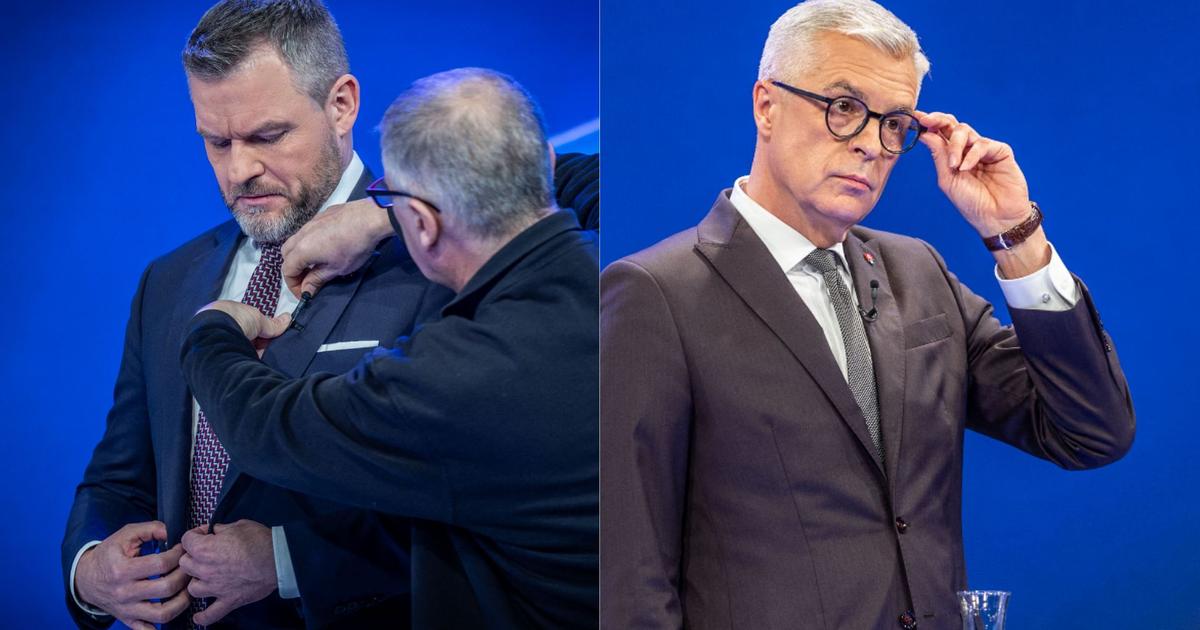Two years ago, the murder of a young journalist and his girlfriend when he investigated the connection between organized crime and the government convulsed Slovakia, took thousands of people out on the street and led to the resignation of the prime minister. The crime, which is now judging a dark businessman accused of commissioning it, uncovered the mafia relations between the suspect and politicians and senior officials of the State. It has also reconfigured the political map of the country, and the citizen's tiredness over corruption and the desire for change marks the legislative ones of today, in which several liberal and conservative formations face the Smer party, in power for more than a decade and in the center of numerous scandals.
In a very fragmented panorama, the possibility of a coalition of several parties that manages to separate the Smer from the Government, of social-democratic affiliation but of nationalist, populist and socially conservative court, which is very weakened, according to the polls, becomes stronger. His image is struck by the corruption of recent years, so the new stage that everyone aspires to inaugurate - even Smer himself has the motto of "responsible change" - would happen, first, to unite to unseat him.
That this alliance of opposition parties is forged depends, to a large extent, on how many formations they get into the Parliament, since several are on the border of the required 5%. "Everyone has pledged to do everything possible to ally and have strong pressure from voters to do so," explains analyst Gregorij Meseznikov, president of the Bratislava Institute of Public Affairs and a member of the Vienna Institute of Human Sciences. That hypothetical coalition would be formed by ideologically distinct parties, where there would be liberals, conservatives and a progressive party. For Meseznikov, "the main motivation to join is to win over Smer and also reverse the negative consequences of his years of government, such as the alleged penetration of the mafia into state structures, violations of the rule of law and the politicization of justice." .
MORE INFORMATION
The trial begins for the murder of the journalist who uncovered the sewers of corruption in Slovakia- A former military man pleads guilty to the murder of Slovak journalist Jan Kuciak and his girlfriend in 2018
Although there are options, it will not be easy to create the coalition, since that diversity of parties, far removed from each other in terms of social policies (the rights of women and LGBTI people and immigration, for example) can be unstable, such and as the sociologist Michal Vašečka, director of the Bratislava Policy Institute, points out.
According to the latest poll, Smer, Robert Fico's party, which was forced to leave the post of prime minister after the assassination but remains in charge of the formation, loses almost half of the votes compared to the previous elections: 28% would have 15.6%. It would be second overtaken by Olano (acronym for Current People and Independent Personalities), an anti-corruption movement of center-right led by Igor Matovic, scourge of Fico in recent years and with a populist touch, with a 19.1% voting intention.
The neo-Nazis of Our Slovakia (LSNS) would be third parties. The party is one of the most radical among Europe's extremists, whose leader, a 42-year-old professor, Marian Kotleba, praises the fascist regime of Jozef Tiso in World War II, which helped the Nazis in the Holocaust. He also employs an openly racist rhetoric against gypsies, whom he associates with crime. A couple of years ago, the party even organized patrols to intimidate them. All parties have said they will not agree with them.
The outrage over the shooting assassination of Jan Kuciak and his partner, Martina Kusnirova, both 27, and the desire to change citizenship angered by politicians and fed up with corrupt prompted the presidency in March last year to Zuzana Caputova, a 46-year-old lawyer with hardly any political experience. It opened the door to a liberal, environmentalist and Europeanist in a country dominated by conservative voices and in a region, Central Europe, where populism and ultra-nationalism of rights of Hungary and Poland triumphs.
Now, in the first legislative since the assassination, the country, of 5.4 million inhabitants, faces elections “which are a crossroads in which it will be decided between a democracy that respects the rule of law, fight against corruption and freedom of the press is preserved or if we are satisfied with the current system, ”says Peter Bardy, the director of Aktuality, the digital medium in which Jan Kuciak worked when he was killed in his house with several shots. His girlfriend, who was in another room and entered after the first shots, was also killed because, as the hired murderer declared in January, she saw him, according to Reuters. In the trial, the relationship between the businessman accused of commissioning the murder, "linked to the mafia," says Bardy, has come to light with "politicians and senior officials of the justice, prosecution and police." In his opinion, one of the main transformations that have occurred after the murder is that "many people realized that the system can be changed, which can be more democratic and pro-European," he explains.





/cloudfront-eu-central-1.images.arcpublishing.com/prisa/RQOIVGVVQYQD3ILPTU3PLOVE6Q.jpg)




/cloudfront-eu-central-1.images.arcpublishing.com/prisa/KMEYMJKESBAZBE4MRBAM4TGHIQ.jpg)



